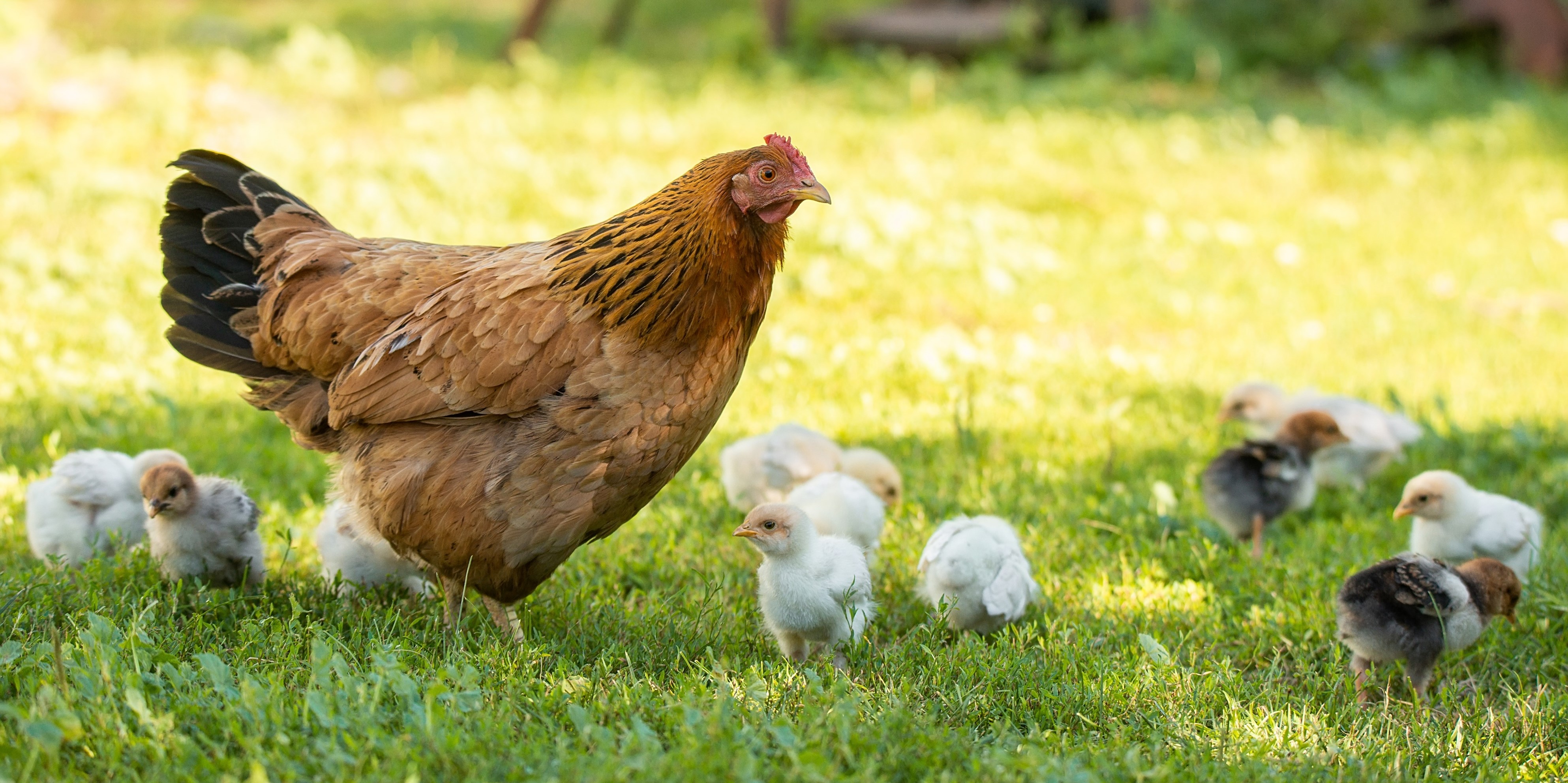The Department for Health and Wellbeing’s Food Safety and Regulation Branch reported that it had received confirmation of Listeria monocytogenes in Harris Smokehouse Everyday Smashed Smoked Salmon, Premium Smoked Salmon, Hot Smoked Ocean Trout, Hot Smoked Barramundi, and Smoked Salmon Trimmings. As a result, Harris Smokehouse has initiated a recall of five of its smoked fish products produced in South Australia and is working closely with SA Health and the District Council of Mount Barker to isolate the source of the contamination. This recall affects all states and territories of Australia, except Tasmania. The products are sold through independent food retailers, including IGA and Foodland stores. All affected products have now been removed from store shelves. Approximately 1,836 units of these products were sold to consumers. To date, there have been no cases of listeriosis linked to this product. @ https://www.sahealth.sa.gov.au/wps/wcm/connect/public+content/sa+health+internet/about+us/news+and+media/all+media+releases/listeria+detected+in+harris+smokehouse+products#:~:text=People%20in%20South%20Australia%2C%20particularly,the%20detection%20of%20Listeria%20monocytogenes
ruth
People in South Australia, particularly pregnant women, the elderly, and those with weakened immune systems, are advised not to consume five Harris Smokehouse products
ruth
The CDC updated the numbers for backyard poultry Salmonella outbreaks. There were 572 cases of Salmonella related to backyard poultry, 92 hospitalizations, and 2 deaths. Forty-eight states had cases of Salmonella in backyard poultry. @ https://www.cdc.gov/salmonella/backyardpoultry-06-22/index.html#:~:text=Be%20safe%20around%20backyard%20flocks,coop)%20outside%20of%20the%20house
Get the most up-to-date outbreak information here.
ruth
The FDA proposes extending compliance dates for the pre-harvest agricultural water provisions. The FDA is now proposing extended compliance dates for those proposed pre-harvest requirements and providing clarifying information about the enforcement discretion policy for the harvest and post-harvest agricultural water requirements. The proposed rules compliance dates for the pre-harvest agricultural water requirements for covered produce other than sprouts are 2 years and 9 months after the effective date of a final rule for very small businesses; 1 year and 9 months after the effective date of a final rule for small businesses; and 9 months after the effective date of a final rule for all other businesses. FDA recognizes that adequate training and technical assistance are needed to recognize the benefits of the harvest and post-harvest requirements fully. @ https://www.fda.gov/food/cfsan-constituent-updates/fda-proposes-compliance-date-extension-pre-harvest-agricultural-water-requirements
The FDA issued a supplemental notice of proposed rulemaking to extend the compliance dates for the pre-harvest agricultural water provisions as outlined in the recent 2021 agricultural water proposed rule.
ruth
The FDA reports that consumer complaints of gastrointestinal illness and abnormal liver function are currently attributable to eating Daily Harvest French Lentil & Leek Crumbles frozen product. On June 17, 2022, Daily Harvest voluntarily initiated a recall in response to consumer complaints submitted to the company. In response to Consumer Complaints submitted to the FDA, the FDA has initiated an investigation, including an inspection and sample collection to determine the cause of illnesses. As of July 14, 2022, the FDA has received 277 reports and Consumer Complaints related to this product. Product was sold through online sales and in two retail locations; the Daily Harvest store in Chicago, IL, and a “pop-up” store in Los Angeles, CA. FDA reports on 277 complaints with 96 hospitalizations in AZ, CA, CO, CT, DE, FL, GA, IL, IN, IA, MD, MA, MN, MI, MO, MT, NH, NJ, NY, NC, OH, OK, OR, PA, RI, SC, SD, TN, TX, UT, VT, VA, WA, and WI. The reason for the illnesses is still unknown. @ https://www.fda.gov/food/outbreaks-foodborne-illness/investigation-adverse-event-reports-french-lentil-leek-crumbles-june-2022?utm_medium=email&utm_source=govdelivery
Do not eat, sell, or serve recalled French Lentil & Leek Crumbles from Daily Harvest. FDA’s investigation is ongoing.




